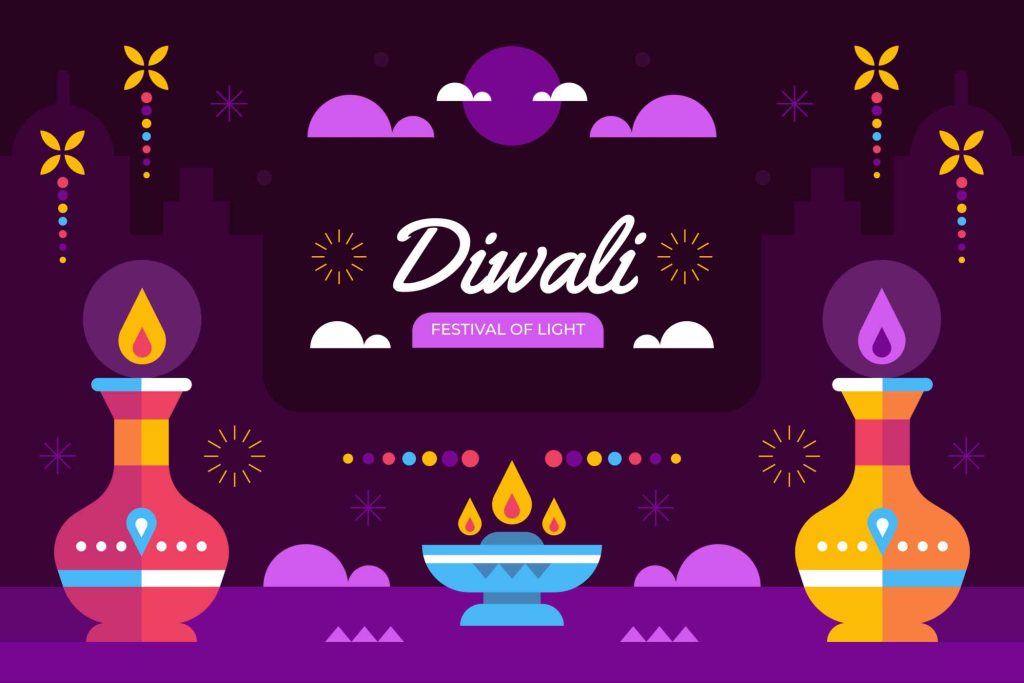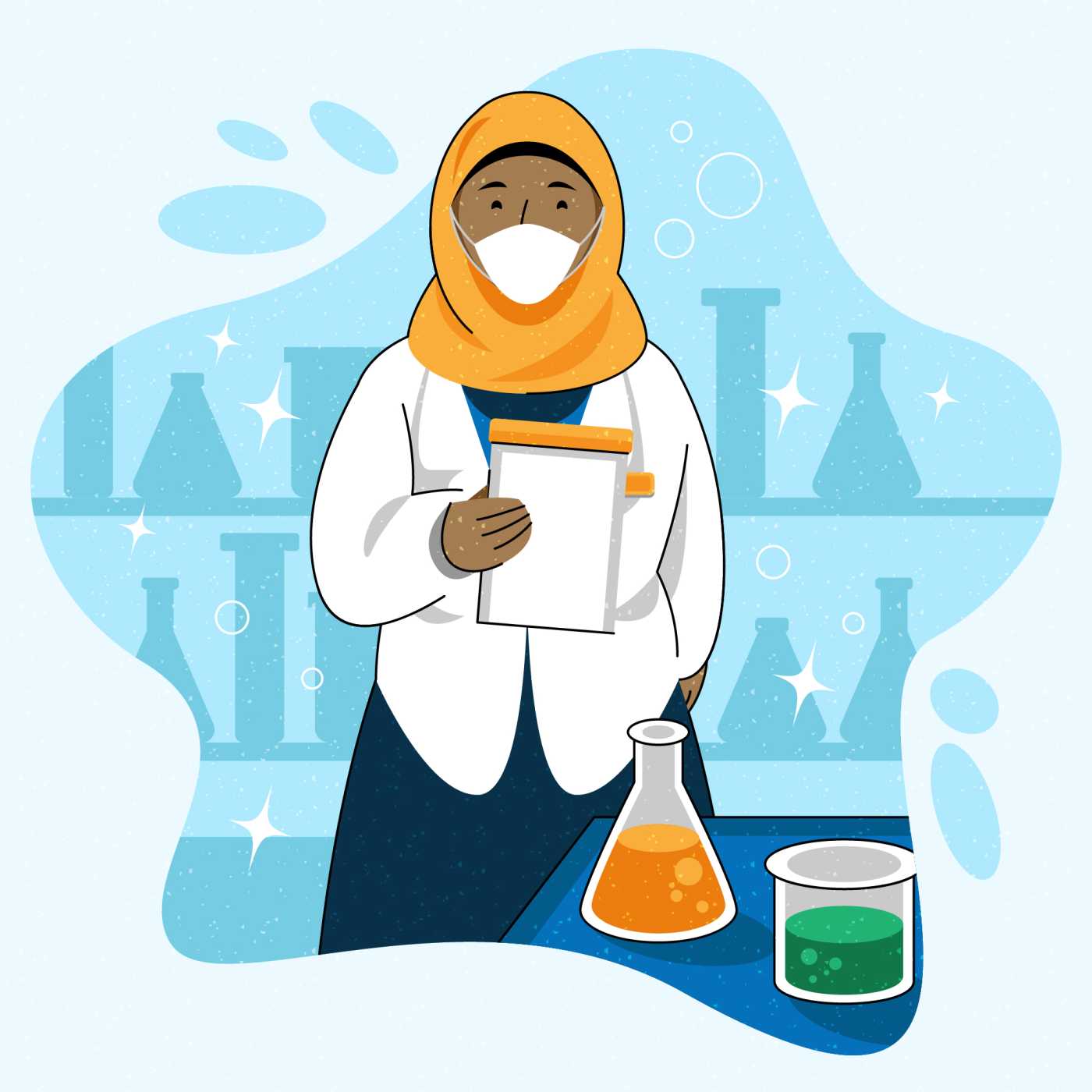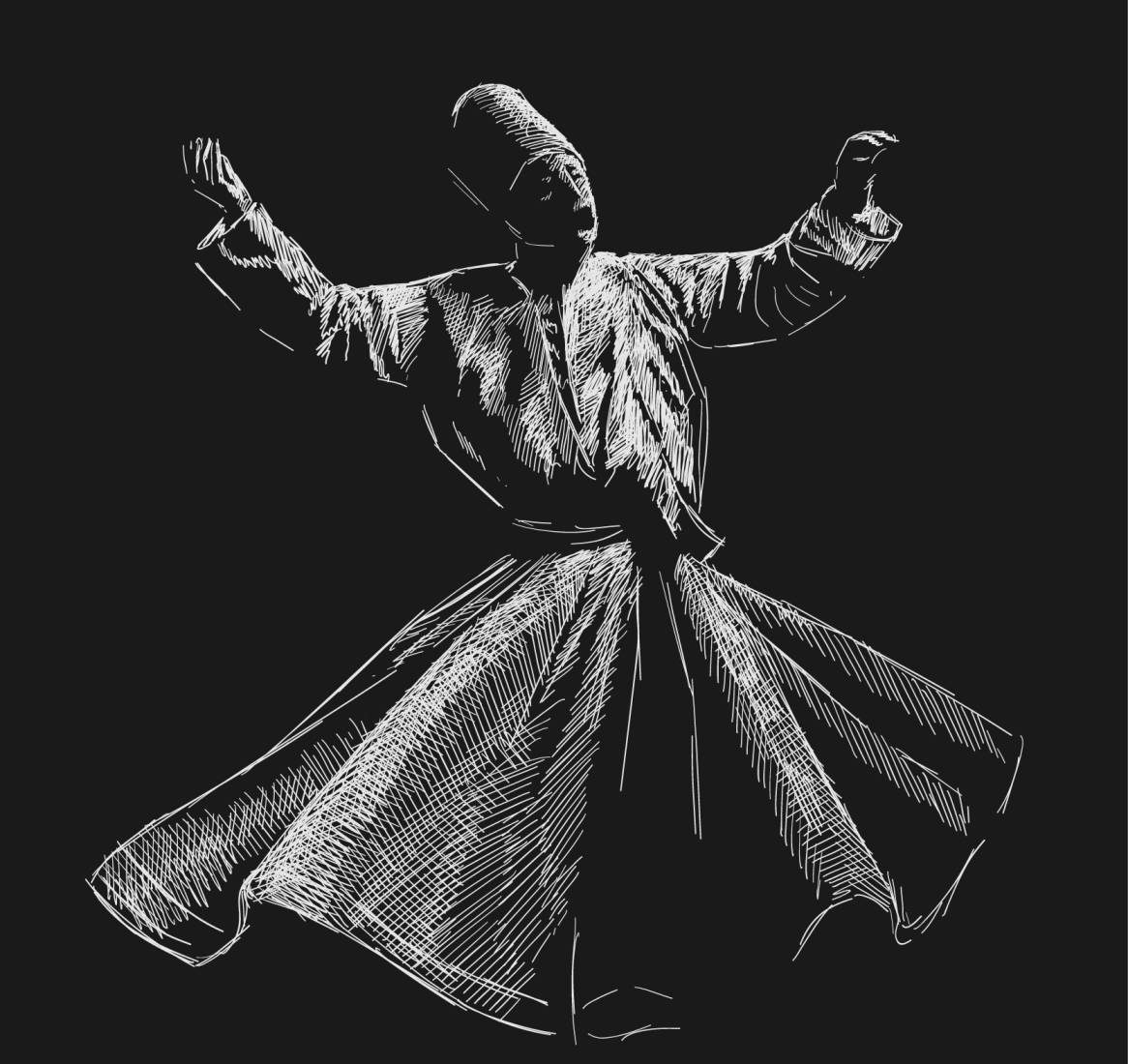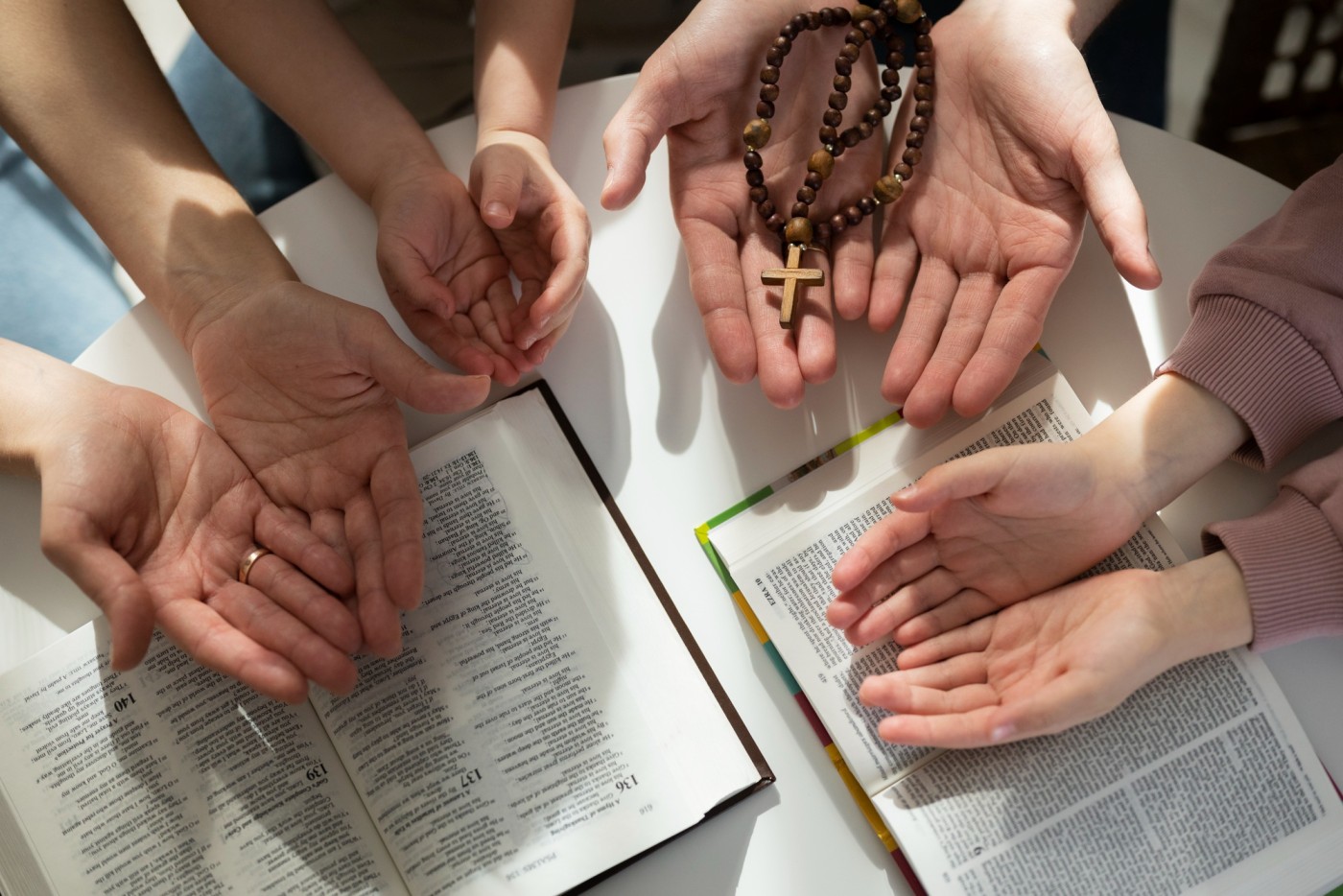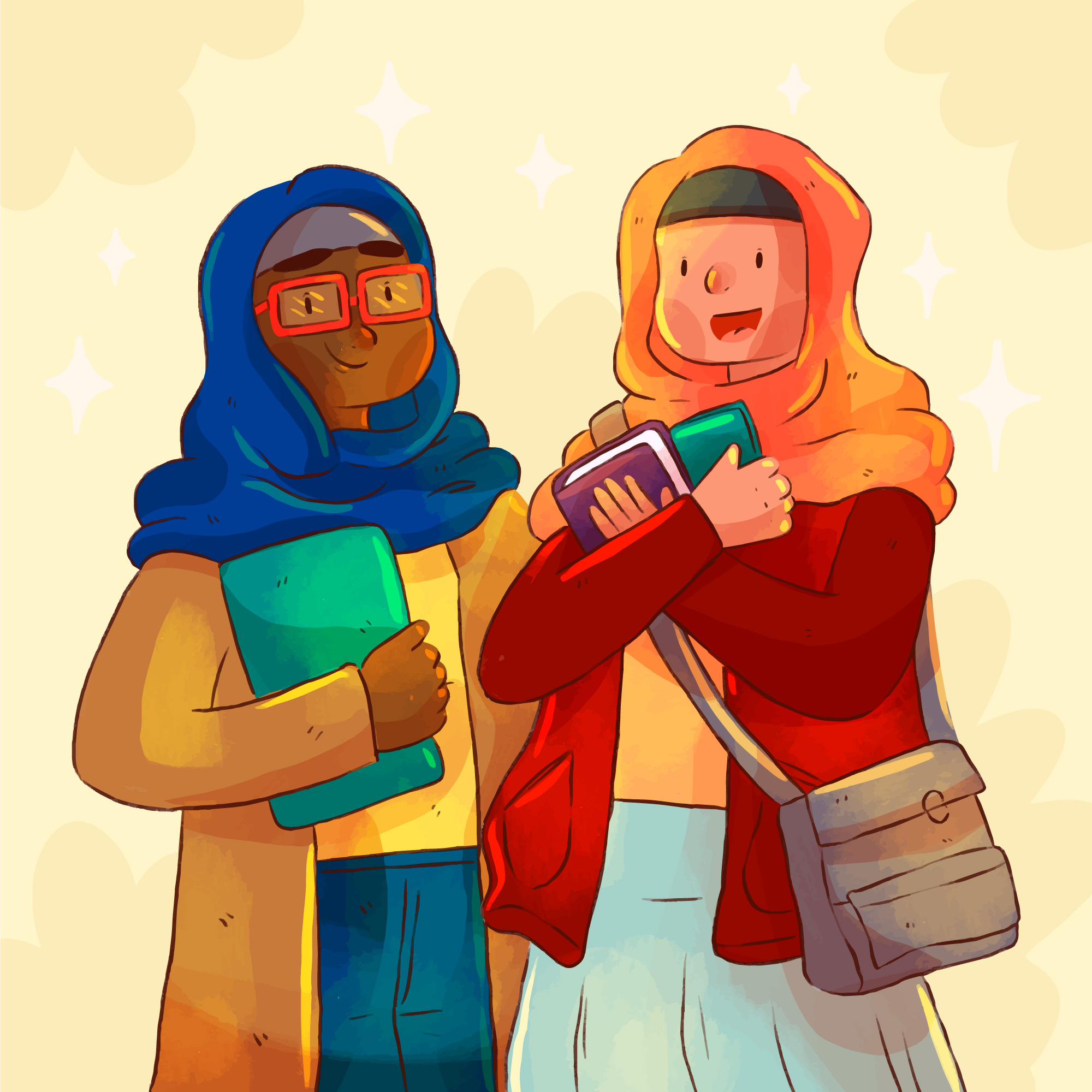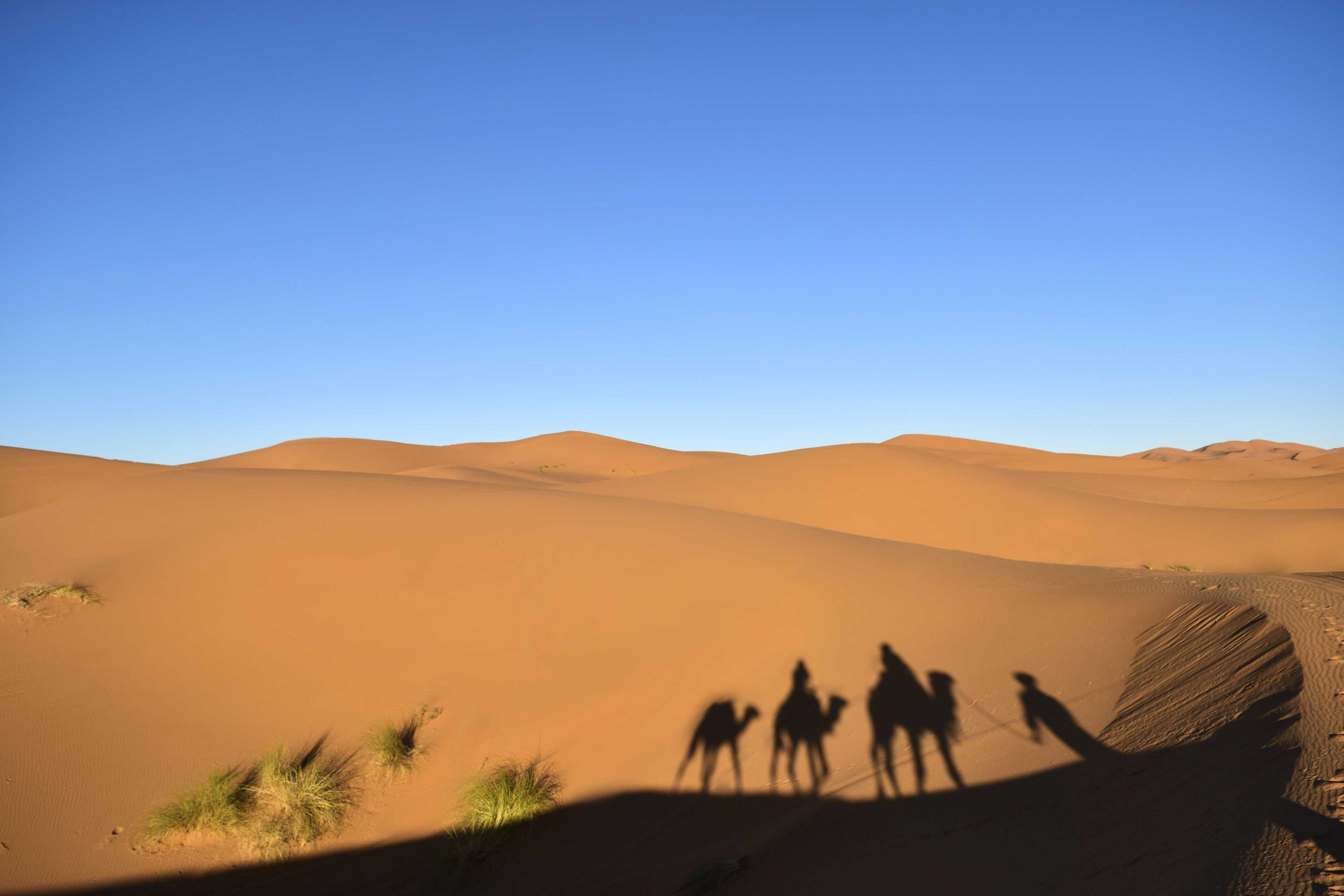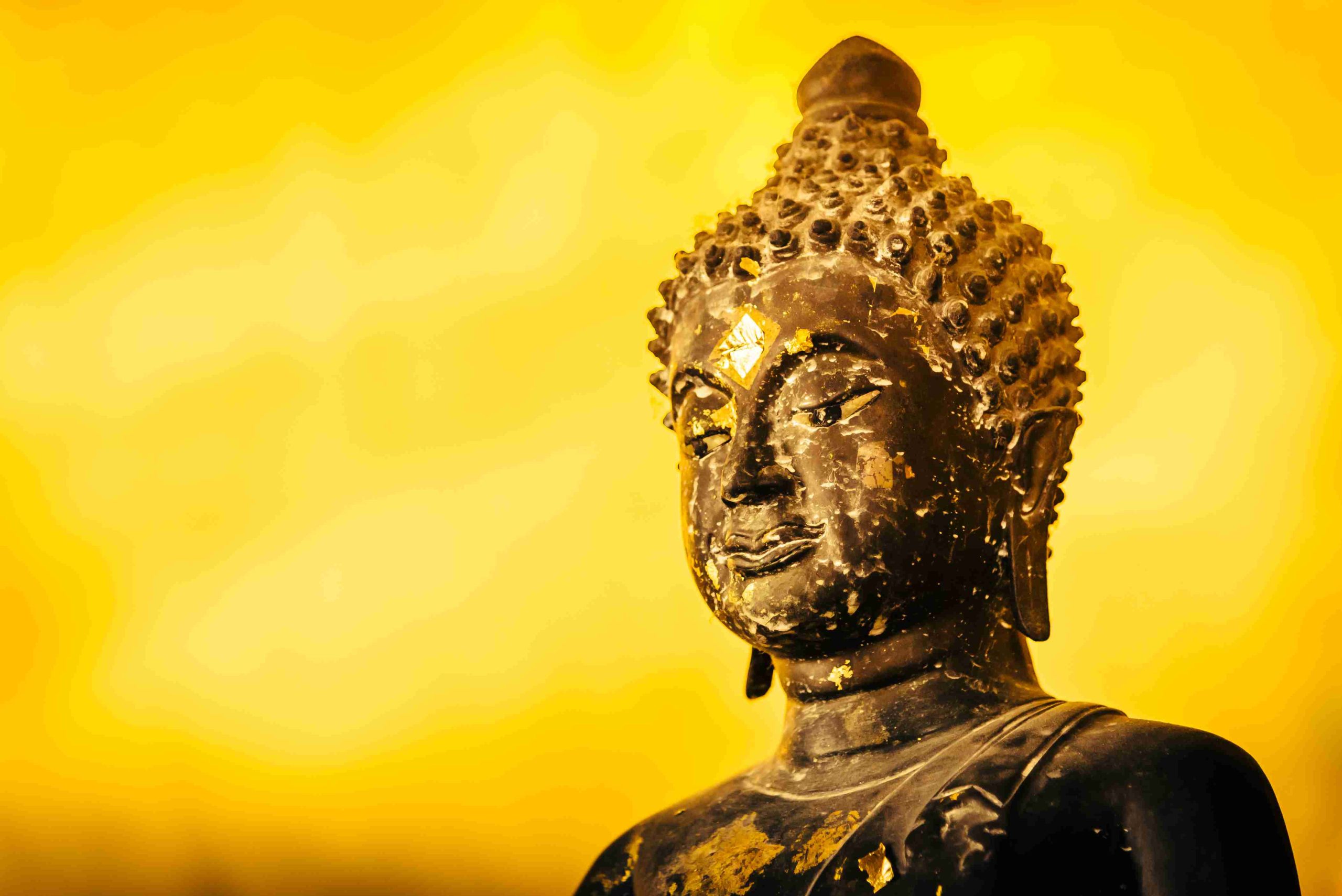Truth to be told, Diwali is a festival more endless and cherished among Indians and even that much more among Indian communities outside India. The authoritative boundary of this vivacious festival is actually light over darkness and goodness over evil; this news is deeply resonating with most cultures and religions. Diwali celebrates itself as much as induces values that go beyond celebrations, beautifully and culturally enriched through diverse traditions of people observing it.
Essentially, Diwali has its roots in religious traditions and is representative of different religions. Primarily, it is a festival among Hindus and, to some extent, is celebrated among Jain, Sikh and some Buddhist communities. The jains celebrate Diwali as the day on which Lord Mahavira attained nirvana. Each community has some unique perspectives and tales pertaining to the festival’s origin. According to Hindus, the festival celebrates the return of Lord Rama to Ayodhya after fourteen years of exile and defeating the demon king Ravana. The people in Ayodhya lit oil lamps (also known as diyas) to welcome him back which symbolizes the triumph of light as well as truth.
Diwali is a day when Jains celebrated the attainment of nirvana by Lord Mahavir. For Sikhs, it marks the release of Guru Hargobind Ji, the sixth Guru, from prison. Each of these religious labels has distinct celebrations, but, at the end of the day, it all boils down to the common core of illumination and renewal.
Diwali refers to the people as well as all communities in India as one cultural strand. Homes are being cleaned and decorated with colorful rangolis (intricate designs made from colored powders and flower petals) while shopping for new clothes and sweets in preparation for the festival months. Families come together, share meals, and exchange gifts, thus strengthening their bonds of love and kinship.
The most striking aspect of Diwali is how it brings the entire society together. Festivals are not just family affairs; they are collective celebrations. Neighbors bring life into the communities with all sorts of decorations and explosions. The fireworks have the effect of being atmospheric camaraderie and jubilation. Public celebrations typically have cultural performances, fairs, and carnivals as part of their features, showcasing the vast and rich artistic heritage of the region.
Diwali is also about introspection and personal development. Most people see this as an opportunity to perform some charitable act, which encompasses ideals like selflessness and a giving attitude toward the community. People are often found donating to a variety of causes or performing some small acts of kindness as reinforcements to the values of compassion and empathy.
Diwali, at this age, has plied way beyond the traditional scope into the modern world as a festival celebrated internationally as a festival of lights, even hope. It boils down to the fact and gives the message unity in diversity and human resilience. Now, every municipality from every corner of the world is rejoicing Diwali perhaps celebrating with everything from public gatherings to events showcasing the cultural significance of Diwali to encourage people of different cultures to learn from one another.
During this time of year, as we celebrate Diwali, we are reminded not just of its long-known track and religious history but also of the ideals it fosters: hope, renewal, and the greater power of light over darkness. The vast range of rituals and customs associated with this festival will always inspire millions because it speaks most clearly to the innate human search for happiness, peace, and togetherness. Through homes and hearts, Diwali is still a truly grand celebration of all that will shine in life and invite every one of us to become “the light” every time in this often-tough world.

